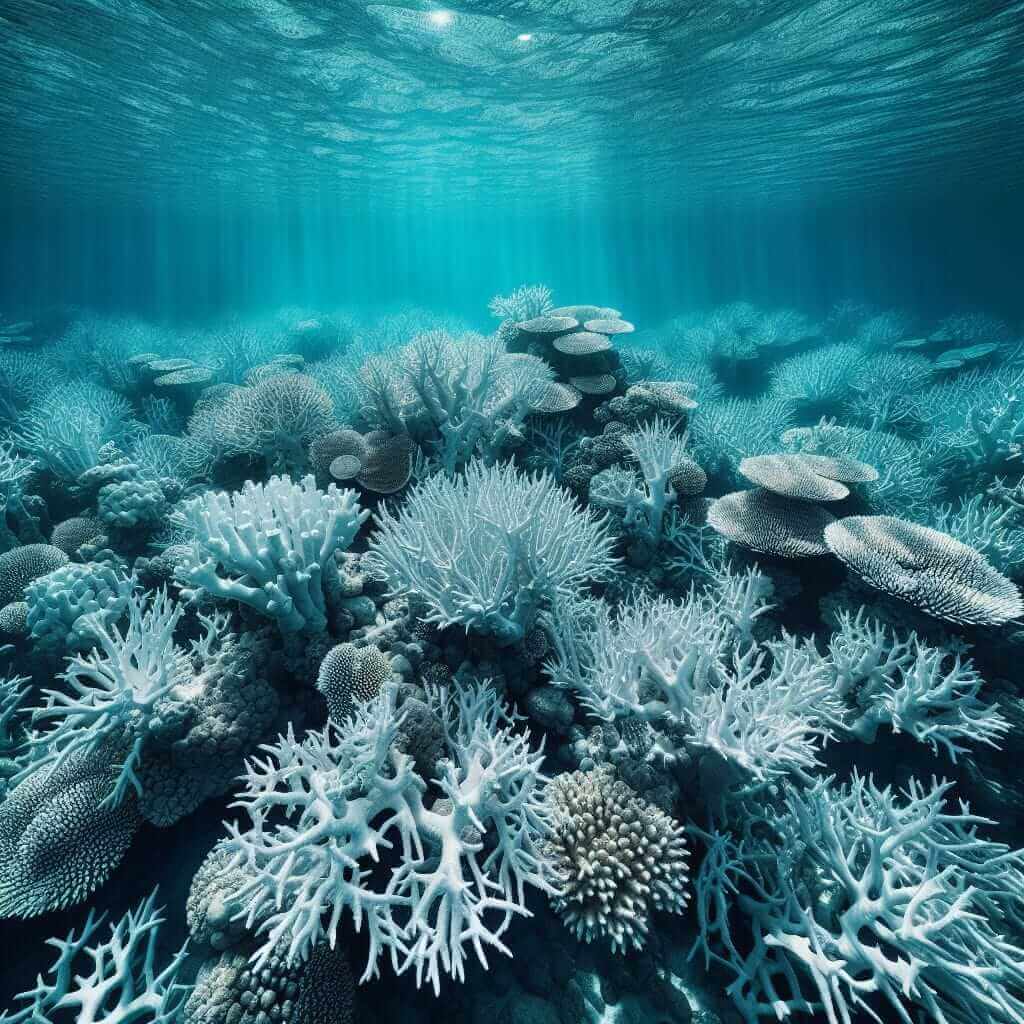In the IELTS Reading test, you’ll encounter a range of topics, and environmental issues, like climate change and its impact on global tourism, are increasingly common. Given the pressing nature of climate change, understanding its effects on tourism is not only relevant for your test but also for enhancing your general knowledge. This topic has appeared in various forms in past IELTS reading sections, making it a probable candidate for future exams.
IELTS Reading Practice: Climate Change and Global Tourism
Reading Passage
Title: The Impact of Climate Change on Global Tourism
Climate change is transforming the global environment, bringing about significant changes that affect various sectors, including tourism. The increasing unpredictability of weather patterns, rising sea levels, and frequent natural disasters are some of the direct consequences of climate change that pose challenges to the tourism industry.
Natural attractions such as beaches, coral reefs, and mountains are under threat due to climate change. Coastal areas are experiencing erosion and higher sea levels, making some destinations less attractive and even uninhabitable. Coral bleaching, a result of warmer ocean temperatures, is damaging marine ecosystems, reducing the biodiversity that draws divers and snorkelers.

Winter tourism locations are also feeling the effects, with unreliable snowfall and shorter skiing seasons. The ski industry, essential for many mountain communities, faces economic instability due to these changes. Conversely, some previously less popular destinations are becoming more attractive as climate conditions shift.
Moreover, cultural and historic sites are not immune to climate change impacts. Increased rainfall and flooding can accelerate the deterioration of ancient structures, while rising temperatures can cause infrastructural damage. This, in turn, affects heritage tourism and diminishes the cultural appeal of such sites.
Climate change also affects human health, which can deter travel. Higher temperatures and humidity levels increase the risk of heatwaves and vector-borne diseases, such as malaria and dengue fever, leading to changes in travel patterns and preferences.
Efforts are being made globally to mitigate the impacts of climate change on tourism. Promoting sustainable practices, reducing carbon footprints, and enhancing resilience through policies and infrastructures are crucial steps. Tour operators and destinations are increasingly adopting eco-friendlier approaches to ensure the long-term viability of tourism.
Questions (Medium Text Format)
1. Multiple Choice
-
According to the passage, which sector is significantly affected by climate change?
a. Agriculture
b. Technology
c. Tourism
d. Healthcare -
What phenomenon is primarily responsible for damaging marine ecosystems?
a. Overfishing
b. Coral bleaching
c. Pollution
d. Oil spills
2. Identifying Information (True/False/Not Given)
- Winter tourism locations are unaffected by climate change.
- Rising sea levels make some coastal destinations uninhabitable.
- Cultural and historic sites are not impacted by climate change.
3. Sentence Completion
- Coral reefs are under threat due to ____.
- The ski industry faces economic instability due to ____.
- Increased rainfall can accelerate the deterioration of ____.
4. Summary Completion
Fill in the blanks with NO MORE THAN TWO WORDS AND/OR A NUMBER from the passage.
Climate change is ____ the global environment, resulting in ____ weather patterns, rising sea levels, and natural disasters. Attractions such as beaches, coral reefs, and ____ are heavily affected. Measures, including ____ practices, are being taken to mitigate these impacts.
Answers and Explanations
-
Multiple Choice Answers
- c (Tourism)
- b (Coral bleaching)
-
True/False/Not Given Answers
- False
- True
- False
-
Sentence Completion Answers
- warmer ocean temperatures
- unreliable snowfall
- ancient structures
-
Summary Completion Answers
environmental changing frequent mountains sustainable
Common Pitfalls and Tips
- Reading Misinterpretations: Pay close attention to the exact wording used in questions and passages to avoid misinterpretations. For example, noting the difference between “coastal areas” and “coral reefs” is crucial.
- True/False/Not Given: Ensure complete understanding of what is explicitly stated, implied, or not mentioned at all.
- Time Management: Practice skimming and scanning techniques to quickly locate necessary information within a passage.
Vocabulary Focus
- Erosion (noun): /ɪˈroʊʒən/ – The gradual destruction or diminution of something.
- Biodiversity (noun): /ˌbaɪ.oʊdəˈvɜː.sə.ti/ – The variety of plant and animal life in a particular habitat.
- Inhabitable (adjective): /ɪnˈhæbɪtəbl/ – Suitable to live in.
- Mitigate (verb): /ˈmɪt.ɪ.ɡeɪt/ – Make less severe, serious, or painful.
Grammar Focus
- Passive Voice in Academic Writing: Frequently used to emphasize the action rather than the subject performing the action. For example, “Natural attractions such as beaches, coral reefs, and mountains are under threat due to climate change.”
- Nominalization: Converting verbs into nouns to create a more formal tone. For instance, changing “change” (verb) to “transformation” (noun).
Tips for High Reading Scores in IELTS
- Regular Practice: Engage routinely with IELTS practice passages to build familiarity and confidence.
- Understand Question Types: Familiarize yourself with various question types and develop strategies for each.
- Expanded Vocabulary: Continuously expand your vocabulary, focusing on both common and academic words.
- Reading Diverse Materials: Read widely from different sources like newspapers, academic journals, and books to improve comprehension and adaptability.